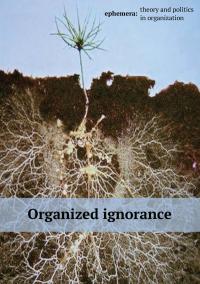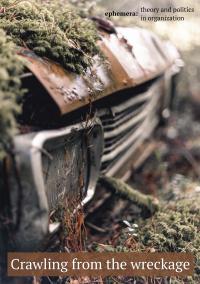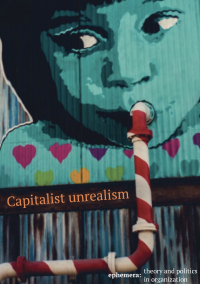social movements
Activist organizing: A post-pandemic world in the making
Issue editors: Yousra Rahmouni Elidrissi, Ozan Nadir Alakavuklar, Ekaterina Chertkovskaya, Christos Giotitsas, Yousaf Nishat-Botero
Resources of history and hope: Studying left-wing political parties through loss
Introduction: Everything goes heavy…
The 15-M laboratory of democratic transformation: How a contemporary Spanish movement contested neoliberal hegemony in an impoverished democracy
Only nine years ago, in 2011-2012, history appeared to be ‘born again’ (Badiou, 2012) in the Mediterranean basin and across the world, through the Arab Spring, the ’15-M’ (or ‘Indignados’ movement) in Spain, the ‘squares movement’ in Greece, and the global Occupy movement. Today, the boisterous scenes of democratic uprisings, the contestation of neoliberalism and austerity policies, the glimpses of egalitarian ‘real’ democracy and popular aspirations to progressive change in countries such as Spain and Greece seem consigned to a remote past.
Unpacking party organizations
The internal dynamics of political parties were a central concern for the founders of both organization theory and political sociology, yet contemporary research tends to neglect the importance and value of studying these electoral machines from a truly organizational point of view. The present issue seeks to remedy this shortcoming by allowing curious and creative scholars to reimagine what it might mean for organization scholars and activists alike to engage actively with political parties.
América Latina / Latin America: Again (and again)
In 2006, ephemera published its last special issue dedicated to Latin America. After long 14 years, the publication of this new special issue can be read as a renewal and continuation of the themes addressed in the previous one. Why do we need another special issue? While each moment of organisation and struggle is unique, the turbulence in the current Latin American political context is evidence that there are political, economic, cultural and organisational issues that have been reoccurring on the continent, again and again. Since 2019, the continent is yet again on fire.
América Latina / Latin America: Again (and again)
In 2006, ephemera published its first special issue dedicated to Latin America. It aimed ‘to inform readers across the globe about the organization of the ongoing struggles and resistances and the tensions lived and experienced by so many Latin Americans’. We tried to make present the multiplicity of social movements on the continent, avoiding ‘a naïve monovoice and an over-optimistic view of the intensity of movements throughout the continent’ (Misoczky, 2006: 228).
Occupy Nova Scotia
Introduction*
Towards an anarchist cybernetics: Stafford Beer, self-organisation and radical social movements
Introduction
In this paper, I attempt to rehabilitate cybernetics, in some form, as a tradition that has the potential to enrich our understandings of radical or alternative forms of organisation. In doing so, I argue for an anarchist cybernetics: a reading of Stafford Beer’s organisational cybernetics that lends itself to forms of organisation that aim to limit if not completely reject centralised, top-down command and control in favour of participatory and democratic practices.




